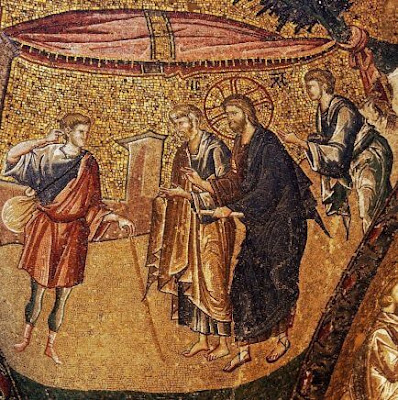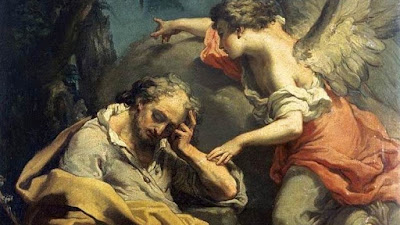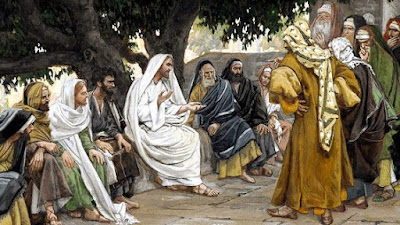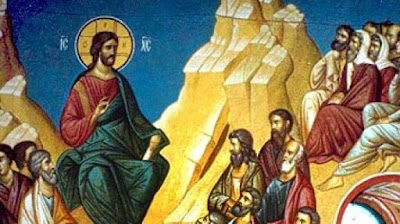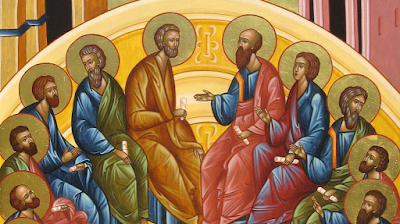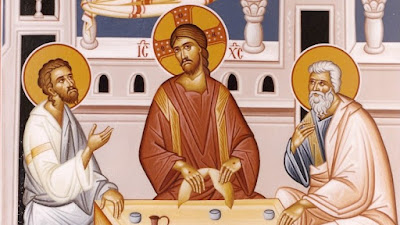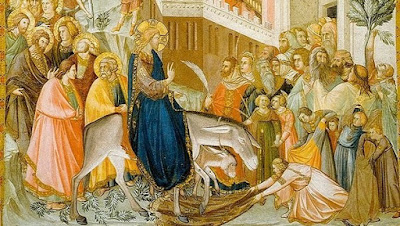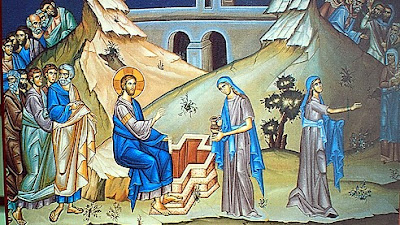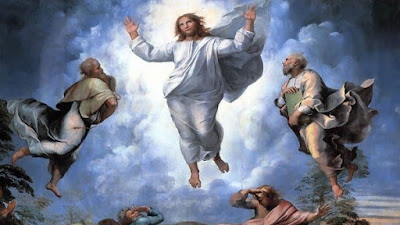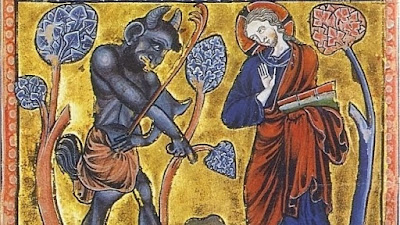Homily for Pentecost Sunday, June 5, 2022, Year C
Fr. Charles Irvin Diocese of Lansing ( Click here for Sunday’s readings ) From time to time it is good for us to stand back and look at The Big Picture, so I want to begin by doing that as I share some thoughts with you on this Solemnity of Pentecost. In ancient times God approached us through the Jewish prophets and through their major leaders such as Abraham and Moses. It was through Moses that God gave us His Ten Commandments, commandments that allowed us not only to live as God intended us to live but to live with each other in peace and communion. Then in the fullness of time God came to us in His Word made flesh, in His only begotten Son who became man and thus brought the nearness of God into our very own humanity. “ And the Word became flesh and dwelt among us ,” reports St. John in the Prologue to his gospel. After He lived among us, suffered and died for us, rose from the dead and ascended into heaven, God came to us, and still does even now, in His Holy Spirit. From
